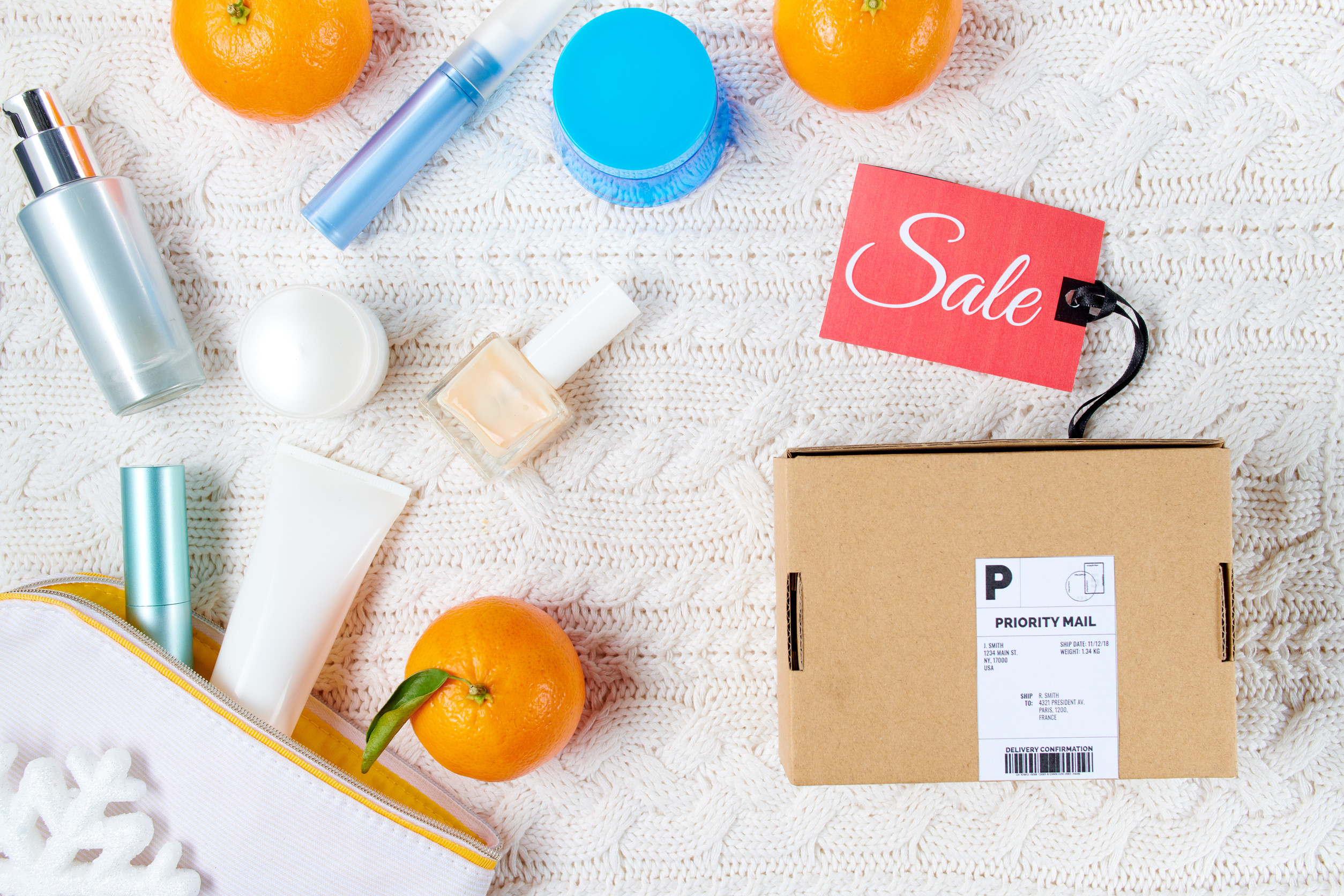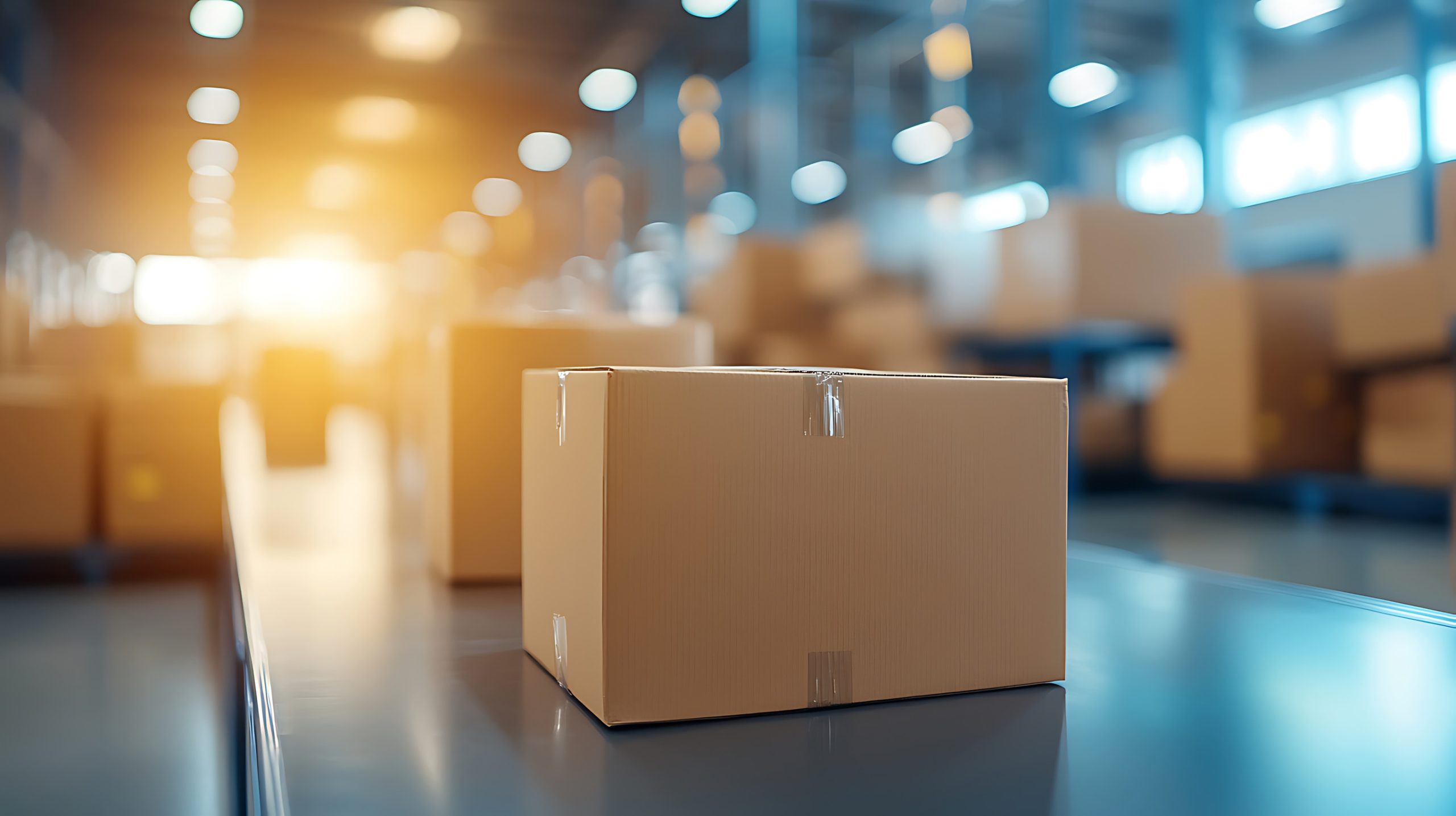We all love a clever design—or so brands hope. In reality, many packaging tricks are designed not to delight us, but to trick us into thinking we’re getting more than we are. From oversized boxes to hidden false bottoms, these deceptive designs—or “packaging tricks”—hurt your wallet and erode trust in brands. Learning how to spot them gives you the power to pay only for what you actually get. Let’s explore ten common packaging tricks that might be hiding less product than you expect.
1. Oversized Boxes With Tall Walls
Manufacturers often use deep or tall cardboard boxes to make a product look substantial. When you open them, you realize it’s half-empty—just a thin layer cushioned at the bottom. This common trick creates a perception of a larger volume, but cleverly conceals shrinkflation. It’s especially common with snacks and small tech accessories. Always look at net‑weight information—not just box dimensions—to see what you’re really getting.
2. False Bottoms Inside Packaging
Ever experienced lifting a lid only to find there’s no product underneath? That’s a false bottom at work: a hidden shelf that masks the emptiness below. It’s deceptive and wastes your money on empty space. Products like condiments and sauces often use this trick to seem larger. Always compare visually similar packaging to understand the real volume.
3. Too Much “Good” Air or Nitrogen Flushing
That big bag of chips? It seems full, but turn it upside down and you’ll find ⅔ air—what’s known as “fluff fill.” Nitrogen flushing helps preservation, but excessive air is just a space filler. Over time, it reduces perceived value and may encourage you to buy more. Pay attention to bag fullness and suggested serving counts. This filler trick is one of the most frequent packaging tricks used to mislead shoppers.
4. Opaque Packaging That Hides Product Volume

Opaque or frosted bottles—especially for cosmetics—can exaggerate volume. Many cosmetic brands encase a small inner pouch of product within a large decorative bottle. You only discover the small pouch once you use it all. The fancy packaging creates a premium feel, but it hides how little product you’re getting. If aesthetics matter, look for transparent portions or weight declarations.
5. Slimmed‑Down Boxes That Look Unchanged
Sometimes, shrinkflation shows up as slimmer versions of familiar boxes that still feel and look the same size visually. Cereal, cracker, and snack boxes may retain the same front visuals but hold less content. Consumers rarely notice subtle changes unless they compare side‑by‑side. Checking weight labels helps, but it takes awareness. Letting brands pull a fast one with slimmer packaging is one of the most tested packaging tricks out there.
6. Inflated Inner Trays or Blisters
In toys or electronics packaging, large plastic or cardboard inserts can create a visual appeal, without holding more product. They look like they’re expensive, but mostly they’re empty space or structural supports. Once you strip the packaging, you realize the boxed design was purely for shelf appeal. Ask yourself if you want the product itself or just the fanciful presentation. The irony? You end up paying extra just for a dummy tray inside.
7. Dual‑Layered Cosmetic Bottles
Some cosmetic brands package small pouches inside heavy frosted bottles to give a premium feel. But in reality, there’s less product inside than you might expect. When the pouch ends, you’re left with a stylish but empty bottle. The trick appeals to aesthetics while hiding the actual content. To avoid it, check packaging transparency or remove outer layers in-store if possible.
8. Selective Packaging Windows
Clear windows on snack or pasta packaging may only showcase full-looking portions, while the rest is air or filler. It’s a selective peek moment designed to reassure you—and make you overlook the rest. Sometimes the product is intentionally pushed against the window to look more generous. Learn to spot that: if the window portion is full but the rest is sparse, you’re paying for empty bulk. Focus on product descriptions and net weight instead.
9. Disguised Weight Reductions for Inflation
Shrinkflation involves reducing the product amount while keeping the price the same, often concealed via clever packaging tricks or redesigns. Brands might redesign bottles or boxes with a sleeker look as a smokescreen for downsizing. Without checking the weight, most consumers don’t notice until they run out sooner. Regulators are pressing for unit‑price labeling to combat this tactic. Keep an eye out: smaller quantity, same price = inflation dressed up as design.
10. Luxury Packaging Over Substance

Sometimes the packaging itself is the product—think fancy but empty boxes, tins, or containers sold at a premium. You pay for embossing, heavy materials, or designer aesthetics that add no product value. The packaging tricks can be hard to detect until after purchase. Ask yourself: Does the packaging add practical benefit, or just visual appeal? If it’s the latter, you’re essentially paying for decoration.
Transparency Wins Over Tricks
Deceptive packaging tricks may help brands appear generous on the shelf, but they erode trust and waste your dollars. The smartest shoppers look closer: read net weights, question box dimensions, and compare unit pricing. Being aware of these tactics makes you a savvier consumer, and sends a message that packaging tricks won’t go unnoticed. After all, nobody wants to pay for empty space.
What packaging trick fooled you most? Share your experience in the comments and help others shop smarter!
Read More
8 Ways Grocery Stores Trick You Into Paying More
6 “Buy One Get One” Tricks That Cost You More in the End
The post 10 Retail Packaging Tricks That Hide Less Product appeared first on Grocery Coupon Guide.







